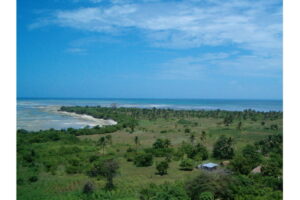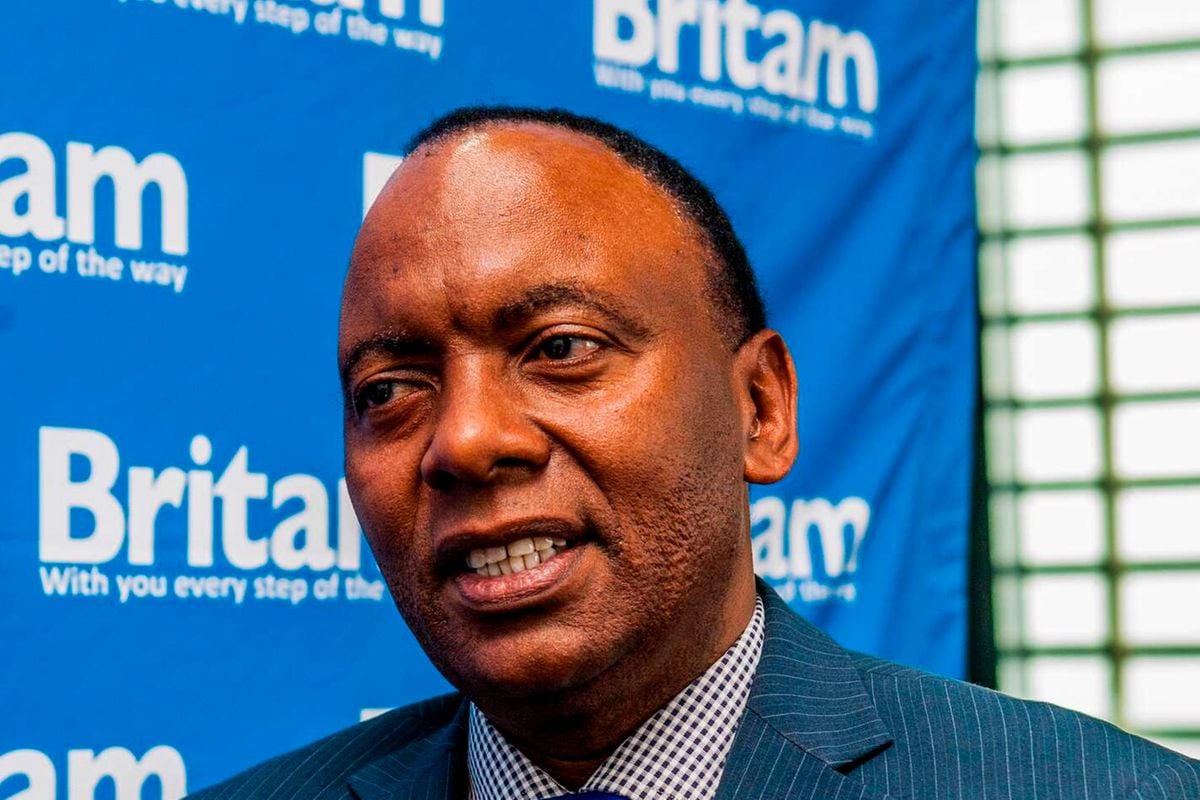Dar es Salaam. Vodacom Group has achieved an ISO certification after improving energy efficiency across its markets.
The recent achievement of the ISO 50 001 certification for energy management comes after a year of investment in energy and the environment, the company said in a statement yesterday.
ISO 50 001 is an official and recognised certification awarded to organisations that display world-class, efficient energy management, helping them reduce energy consumption by developing an Energy Management System.
To qualify and retain the certification, organisations need to drive energy management practices such as setting targets for energy performance at a senior management level, implementing policies designed to help the organisation achieve measurable goals, and driving continuous improvement in terms of efficiency across operations.
“We are extremely proud of this achievement, said Vodacom Group technology officer, Mr Dejan Kastelic.
He said climate change poses one of the greatest challenges to society, especially in Africa.
“As a purpose-led organisation, Vodacom Group aims to reduce greenhouse gas (GHG) emissions by 50 percent and source 100 percent of its electricity from renewable energy by 2025,” said Vodacom Group technology officer, Mr Dejan Kastelic.
The certification underscores Vodacom’s dedication to energy management and to connecting for a better future while lowering the company’s energy use.
Vodacom invests in energy efficiency programmes, which include sourcing more efficient network equipment, reducing energy demand by installing lower-power and cooling technologies and reducing energy use by decommissioning and upgrading legacy equipment.
The investment in this programme led to a 26 percent reduction in the company’s energy intensity from the 2023 to 2024 financial years, the firm stated.
“We have seen and felt the impact of climate-related disasters and recognise the need for sustained and improved action to bring about meaningful change. Energy efficiency initiatives are critical to helping us decarbonise society,” said Mr Kastelic.
Speaking on the certification, Vodacom Tanzania managing director, Mr Philip Besiimire, said the telecom firm’s commitment to environmental stewardship extends beyond mere compliance.
“It’s ingrained in our business operations as a purposeful pillar. We have put in place different strategies aimed at reducing our carbon footprint and minimising the environmental impact of our business activities,” he said.
From investing in climate-smart, energy-efficient networks and solutions, reducing waste across our value chain, enhancing climate resilience through tree planting, and ensuring compliance with environmental impact assessment requirements, We’re reshaping our industry towards a greener, more responsible future.”
















